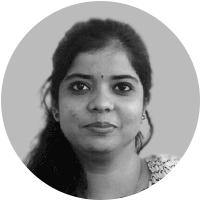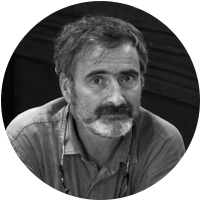
PROJECT
Integrating OERs for Science Education
The project aims at promoting the use of OERs as part of science education. Pedagogy of Science is based on the fact that what students learn is to be in the connection with the real world, it has to have applications and relevant use, it should be able to cater to the diversity of races, cultures of the students. What is it about learning science that is so difficult or challenging that most students choose not to continue taking science beyond the required courses and most adults feel uncomfortable participating in science-related debates, even those that impact their communities. The answer is it is the lack of proper dissemination of the content and that is why it becomes essentially important to empower the science teachers which can make them feel confident about preparing their own content so as to make the entire process of teaching- learning more relevant, need based and meaningful. The project would focus on identifying the various OERs available for delivery of content. It will also guide as to how the same can be integrated for the daily teaching-learning process and make science learning more experiential and fun.
Project resources are available at:
The talk is a part of the Open Education Design Workshop 2019 event filmed and produced by Videolectures.NET.
Author
Deepa Verma
Deepa Verma is an Assistant Professor in Department of Botany at the VIVA College of Arts, Commerce & Science, Virar (W), Maharashtra, India. She obtained a PhD in Botany, University of Mumbai and also has Masters in Education, MBA in HR, M.Phil in EVS. Currently pursuing MA in Psychology. She likes to read, and has research interest in plant derived molecules. She also has interest in developing instructional material for students. Has keen interest in understanding human nature too.
Mentor
Colin de la Higuera
Colin de la Higuera is Professor at Nantes University (France). He has been involved in a number of research themes, including algorithmics, formal language theory, pattern recognition. He has also served the community as chairman of conferences, expert, reviewer, editor. He has co-organized workshops and given tutorials at many conferences. He has been chairman of the International Community in Grammatical Inference (2002-2007), the founding president of the SIF, the French Informatics Society and is currently a trustee of the Knowledge for All foundation and is working towards the usage of technology for an open dissemination of knowledge and education. In 2017, based on the project Class’Code he contributed to launch in France, UNESCO has created a Chair in Technologies for the Training of Teachers by Open Educational Resources at University of Nantes, which he is now holding. In 2019 an Academic Chair on Open Education and Artificial Intelligence was created by Nantes University to support his work.



